Chapter 8
Management
By Boundless
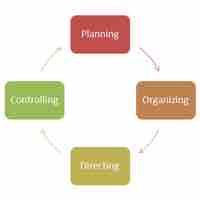
Management's primary function is to get people to work together for the attainment of an organization's goals and objectives.
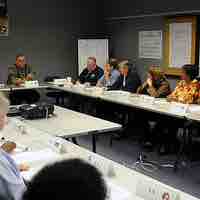
Management is needed in order to facilitate a coordinated effort toward the accomplishment of an organization's goals.
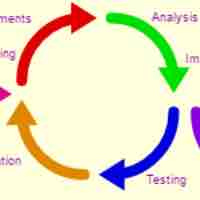
Modern trends in management favor agile, iterative processes that focus on innovation, software development, and social impacts.
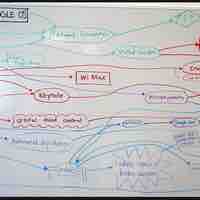
Planning is the most fundamental of the five management functions; without it, none of the other functions can be carried out effectively.
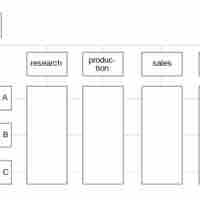
Managers must organize to see their plans to fruition, thus assigning tasks to individuals and arranging them in an framework that allows decision making.
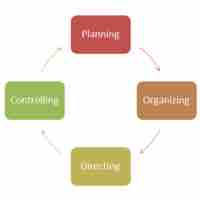
The managerial responsibility of staffing is an involved process of hiring, training, compensating, positioning, and assessing team members to enable operational success.

Certain leadership competencies help people become effective leaders; successful team leaders follow planning and implementation processes.
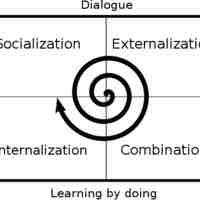
Organizations use knowledge management to identify, create, represent, distribute, and enable strategy and process.
Controlling is a core managerial function defined by observing and optimizing operational processes.
Customer experience management focuses the operations and processes of a business around the need of the individual customer.
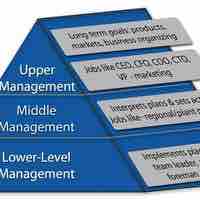
An organization can have many different managers, across many different titles, authority levels, and levels of the management hierarchy.
Organizational management is often approached by identifying business functions and assigning leadership to those functions.

A frame in social theory consists of a schema of interpretation that individuals rely on to understand and respond to events.
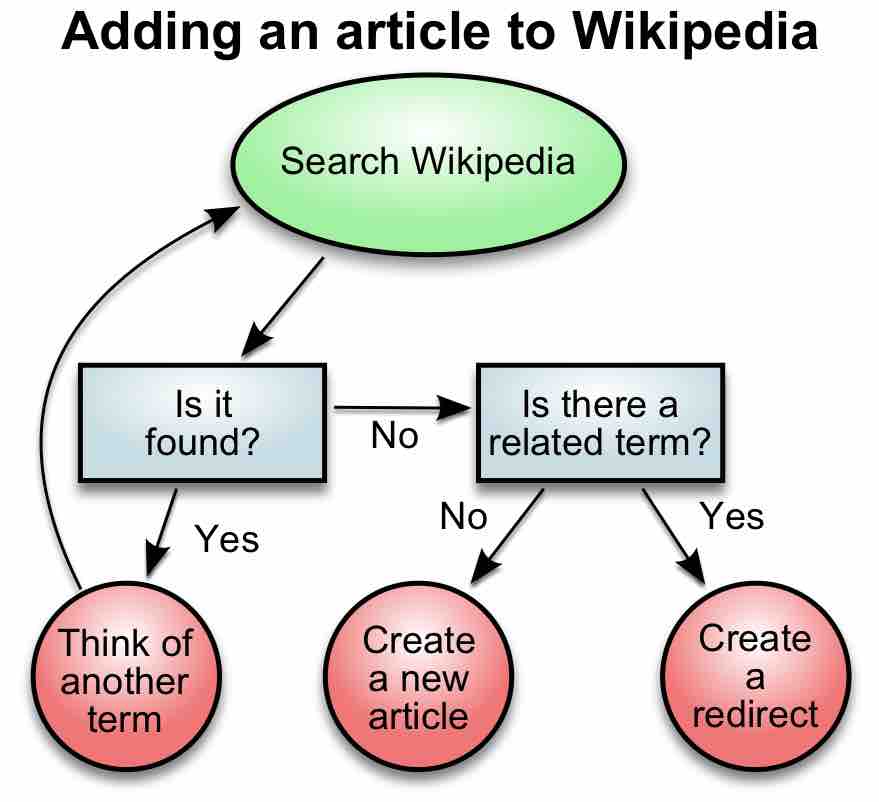
It is important to develop and consider alternatives for dealing with any given situation.

Evaluating alternatives is an important and difficult step of the decision-making process.
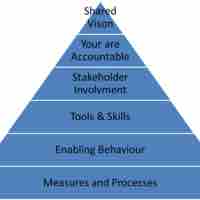
After analyzing the options, the next step is the implementation of a solution.
Feedback is the process where past information influences the a similar phenomenon in the present or future.
Leadership is organizing a group of people to achieve a common goal.
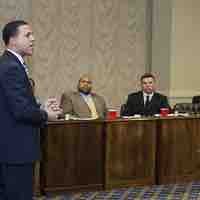
A leadership style is the manner and approach of providing direction, implementing plans, and motivating people.

Technical skills involve the process or technique knowledge, as well as proficiency, that may be needed in order to be a successful manager.

Conceptual thought involves seeing the important elements in any situation and, according to Rober Katz, is the key management skills.
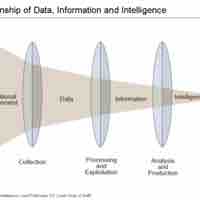
Deriving, interpreting, and communicating patterns within data allows managers to make informed strategic and tactical decisions.
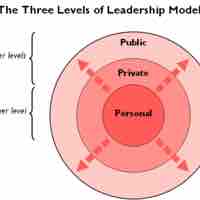
Good managers have an innate sensitivity to the needs of the people they manage, and a highly developed emotional intelligence.